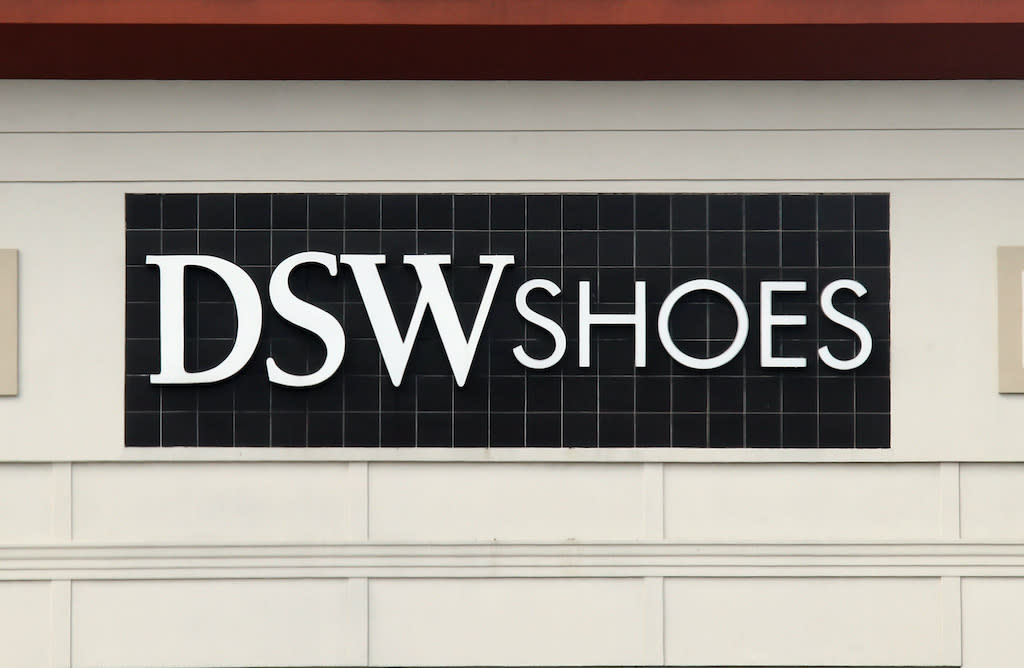Consumer Demand Slowed at Designer Brands in Q3 — But Owned Brands Got a Boost

Designer Brands Inc. cut its full-year outlook due to a drop in consumer demand in Q3. Meanwhile, sales of the company’s owned brands soared.
Net sales from the DBI’s owned brands increased 25% in Q3 over last year, in line with a goal for owned brands and Camuto national owned and licensed brands sales to double from 19% of the company’s revenue to almost one-third by 2026. (In 2018, DBI company acquired Camuto Group, which designs and develops the Vince Camuto brand and licenses footwear for Jessica Simpson and Lucky Brand.)
More from Footwear News
Earnings Wrap: Designer Brands and PVH Corp. Report Latest Results + More
Retailers Say Fashion Brands -- Not Sneakers -- Stood Out in Q3
The footwear retailer, which owns DSW Designer Show Warehouse, said that while consumer demand slowed in the last two weeks of October and into November due to inflation, more consumers opted for DSW’s exclusive owned brands, which typically sit at a lower price point than its national brands.
“Customers are definitely migrating more towards value,” said Doug Howe, DSW president and EVP of Designer Brands in a call with analysts.
Within owned brands, Howe specifically called out the performance Crown Vintage, which was the most in-demand brand in women’s boots in September and October, and Kelly & Katie, which grew in the triple digits in Q3 and was in the top three brands sold at DSW.
This follows a recent trend across retail, in which more shoppers are trading down to private brands to save money. Executives from Target, Kohl’s and Walmart said in earnings calls for the most recent quarter that more consumers have turned to these value-driven brands as inflation rips across the U.S.
DBI CEO Roger Rawlins also called out the company’s ability to “self-liquidate excess product” via its own retail clearance section. which he said helps the company build “owned brands penetration and extract as much margin as possible along the way.”
But even with the ability to offer value through a clearance model and its owned brand strategy, DBI faced headwinds from operating in a highly promotional environment, especially within the athletic footwear business. Rawlins called out inventory excess at Nike, Adidas and Skechers, which is causing the market to be flooded with sneakers.
“Those goods are being pumped into the market,” Rawlins said. “And with their direct-to-consumer plays, that puts pressure on that athletic category in particular.”
Overall, DBI’s Q3 net sales increased 1.4% to $865 million and comparable sales increased 3%. Adjusted net income was $46.1 million with adjusted diluted earnings per share of $0.67.
Given macro-economic headwinds, DBI lowered its outlook for the full-year and expects comparable sales growth in the mid-single digits. EPS is projected to land between $1.75 and $1.80.
Sign up for FN's Newsletter. For the latest news, follow us on Facebook, Twitter, and Instagram.

